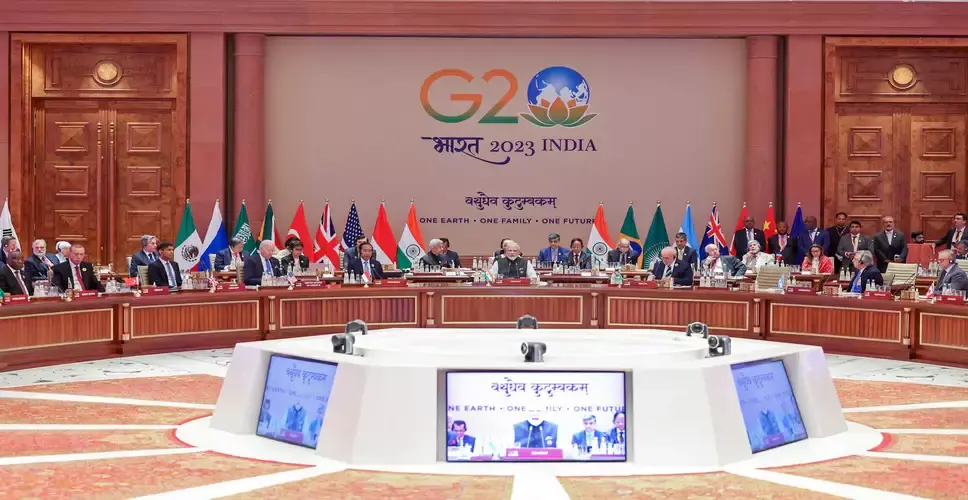Health Ministry Calls for Local Action Plans on Climate Change and Health
The Ministry of Health and Family Welfare has urged States and Union Territories to draft district and city-level action plans under the National Programme on Climate Change and Human Health (NPCCHH). The initiative aims to address the growing health challenges posed by climate change and air pollution. In a letter addressed to Chief Secretaries and Advisors of all States and Union Territories, Union Health Secretary Punya Salila Srivastava emphasized the importance of including air pollution mitigation strategies in the action plans. She also called for the expansion of sentinel hospitals to monitor illnesses related to air pollution, ensuring a robust surveillance mechanism. The updated health advisories shared by the Ministry provide guidelines to strengthen existing healthcare systems and advocate for raising awareness among vulnerable populations and high-risk occupational groups. Srivastava highlighted that the combined efforts of local governments and stakeholders could effectively tackle the intertwined crises of air pollution and climate change. The NPCCHH framework encourages community participation, innovation, and capacity building to mitigate the health impacts of environmental challenges. The Ministry’s focus on air pollution reflects its acknowledgment of the urgent need to address respiratory illnesses and other health conditions exacerbated by poor air quality. This directive follows an increasing recognition of the impact of climate change on public health, including rising cases of heat-related illnesses, vector-borne diseases, and respiratory disorders. By empowering local authorities to devise actionable plans, the Ministry aims to create resilient health systems capable of addressing future challenges. With this initiative, the Ministry underscores the role of proactive governance and intersectoral collaboration in safeguarding public health amidst changing environmental conditions. Source: newsonair.gov.in Photo Credit: newsonair.gov.in
Health Ministry Calls for Local Action Plans on Climate Change and Health Read More »


